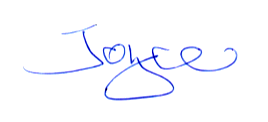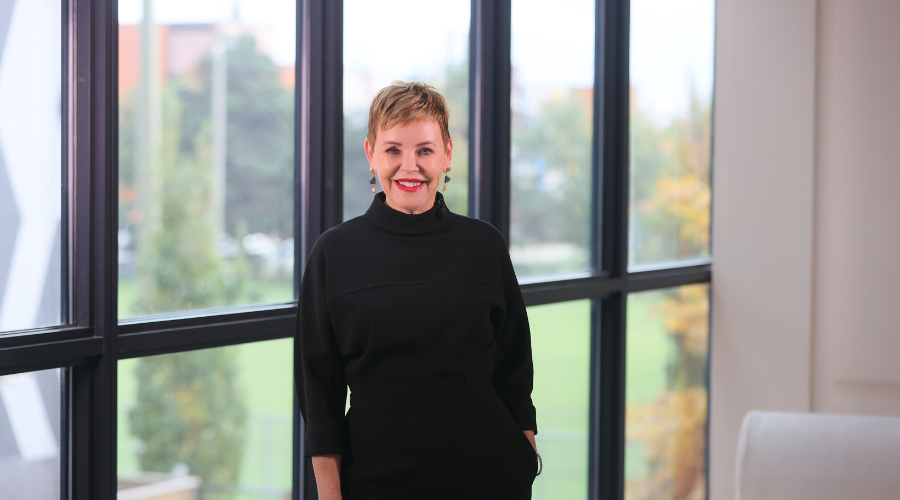By Joyce Wayne
Last night, I began reading Alvin Finkel’s new book, Humans: the 300,000 Year Struggle for Equality. Suddenly, the dark cloud over my head lifted, and I started to recognize a beam of shining light. As Joan Sangster, Vanier Professor Emeritus at Trent University says, “Finkel’s book is a bold recounting of world history over thousands of years emphasizing common peoples’ past and the ongoing desire for cooperation, dignity and equality, even in the face of hierarchy, hate and inequality.”
Introducing Alvin Finkel
Finkel, a Professor Emeritus from Athabasca University in Alberta, taught history for 36 years at the institution. A prolific author, his 13 books have sold over 150,000 copies. Finkel comes from a large family, growing up in north-end Winnipeg, where his father worked for the CPR Weston Shops from 1956 to 1984, first as a carman and then as a brake checker. With six kids to feed, he worked part-time as a cabbie and at Finkel’s uncle’s auto parts shop until his mother returned to paid work in 1966 as a typist at Eaton’s warehouse.
Finkel recalls, “My parents had no bad habits and were economic in all their spending; still there was no money in our household.” In grade 10, he started working part-time as a credit reporter at the Winnipeg Credit Clearing Bureau, and it was then that he began paying rent to his parents. Finkel’s childhood wasn’t easy, but hard work and persistence shaped his belief that people are mostly good.
How Early Societies Practiced Equality
In this book, Humans, he follows the history of humans, beginning with Sapiens, who first appeared on Earth 300,000 years ago. Finkel records how the earliest human communities usually treated all individuals as equals. The result is a fresh and challenging interpretation of the history of our species, one that casts a new light on the nature of humans.
From the earliest times, we learn from ancient communities that gender roles were often equal and that democracy was sustained through collective action and resistance to injustice. Men and women held complementary roles, with women taking part in decision-making process about the prosperity and safety of their community. Unlike the common view that these early communities were often at war, Finkel shows that they spent most of their time taking care of each other rather than fighting with other social groups.
Finkel’s Research on Community and Democracy
During the first 25 years of the 21st century, when climate catastrophism and deadly pandemics have led many to question if humanity can survive, Finkel’s voice answers with a definitive “yes.” Humans offers a glimmer of hope in our troubled times: hope that we can bend the arc of history in life-affirming ways.
Based on Finkel’s monumental research, he shows that if communities of people are left to their own devices, they live peacefully in groups where inhabitants can lead equal and fulfilled lives. “The evidence of both archeology and oral history makes it clear that democracy existed almost from the beginning of human societies,” he writes. Finkel also points to psychologist Steven Pinker, who in his bestselling book The Better Angels of Our Nature: Why Violence Has Declined, shows that “the 20th century, which many of us regard as a century of bloody revolutions, imperialist wars and genocide, recorded fewer deaths than any earlier century.”
Facing Today’s Global Challenges
Lately, I’ve been thinking and hearing about how “bad” things are in the world. If it’s not displeasure with our federal and provincial governments, it’s international conflict. These recent events have left me feeling glum and somewhat helpless. While reading about Finkel’s optimism for humanity, I forced myself to think positively. On the whole, hunter-gatherer societies were peaceful. Even today, with our mix of newly invented technologies for communications, travel, and warfare, the majority of people live in peace while they continue to strive for satisfying lives for themselves, their children and their communities.
A Fresh Perspective on Humanity
Unlike Yuval Noah Harari’s bestselling book Sapiens, which is primarily a pessimistic look back at human development, Finkel’s book gives readers the basis for a fresh understanding that is highly optimistic. However dark the current world situation may be, humans will find a way to protect themselves on the planet which we all depend on.
When you’re feeling glum, as I did before diving into Humans, try to think about all the good that humans have accomplished during the last 300,000 years. Taking the long view, rather than getting mired in the conflicts of the moment, could be the way to join the ranks of optimists who persist in believing in a positive way out of our current troubles.































